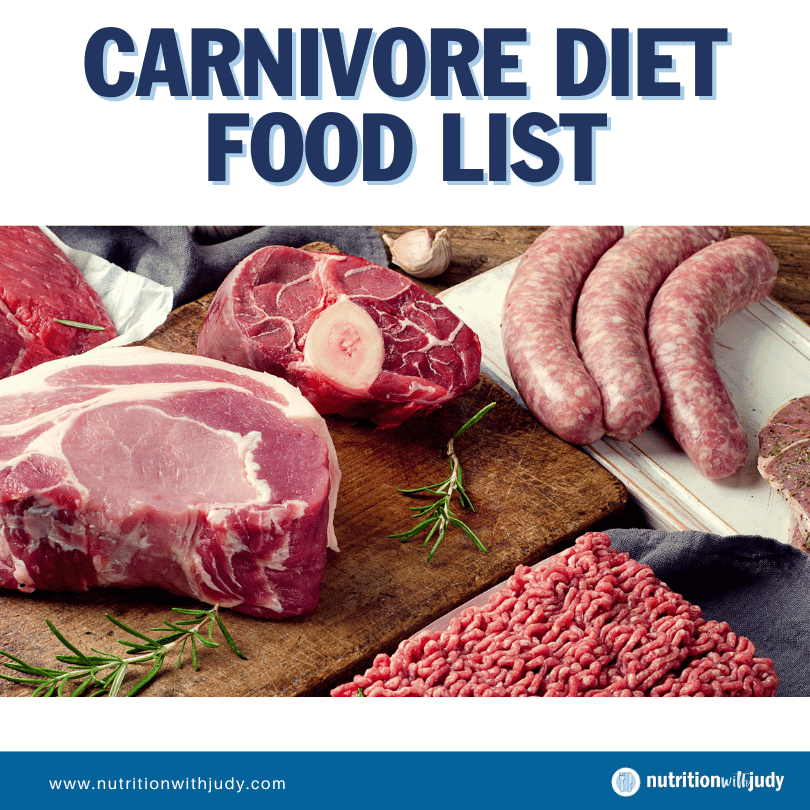

Carnivore Diet Food List


Welcome to January, also celebrated as World Carnivore Month! During this month, many embark on the journey of exploring the carnivore diet, a nutritional approach centered around animal-based foods. A critical tool for success on this diet is having a detailed carnivore diet food list.
This essential list is a cornerstone for anyone embracing this lifestyle, as it simplifies grocery shopping and streamlines meal planning. Whether you’re a long-time adherent or a newcomer to the carnivore diet, our expertly curated food list is designed to guide you. It ensures that you have all the necessary items for a nutritionally rich and satisfying dietary experience.
Embrace the simplicity and health benefits of the carnivore diet with our comprehensive food list, tailored to support your wellness journey every step of the way.
What Is the Carnivore Diet?
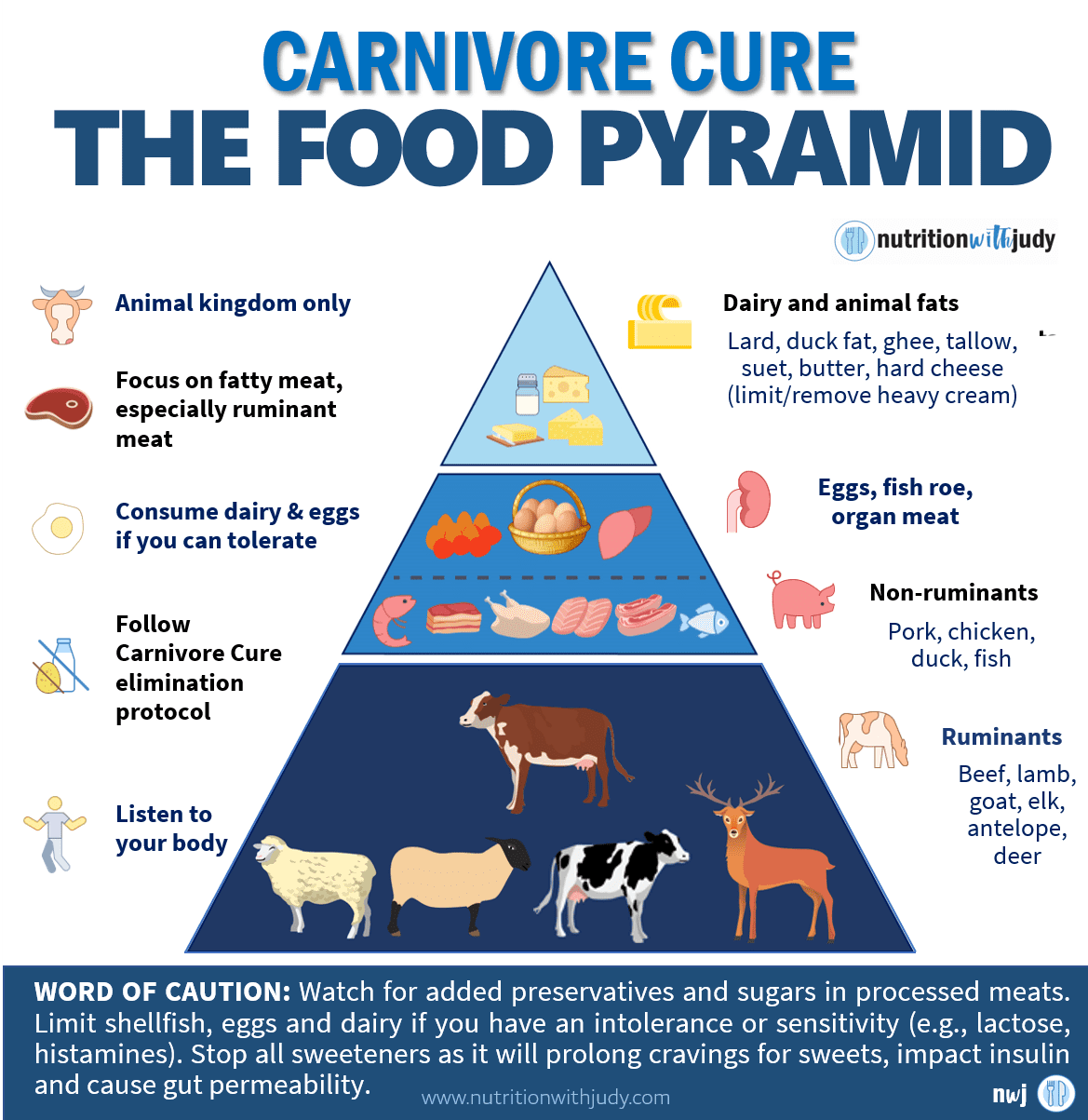

The carnivore diet is an all-meat diet that focuses on consuming animal-based foods. It’s a significant shift from the standard American diet, emphasizing meat as the primary source of nutrition. The diet’s philosophy is rooted in the belief that human bodies are better adapted to a meat-centric diet due to our biological evolution.
There are several variations of the carnivore diet, each tailored to different health goals and preferences:
- Beef-Only Carnivore Diet: This is the most restrictive form, involving only beef and water. It’s chosen for its simplicity and for eliminating the most foods possible for the ultimate elimination diet. Beef-only carnivore is often recommended for individuals looking to support deeper health issues and trying to identify all potential food triggers.
- Lion Diet: A subset of the carnivore diet, the lion diet includes ruminant meat, salt, and water. Ruminants include bison, lamb, goat, elk, beef, and more. It’s designed for people with severe autoimmune and mental health issues, aiming for the elimination of potential dietary triggers.
- Nose-to-Tail Carnivore Diet: This approach emphasizes consuming the whole animal, including organ meats and bone broth. It’s based on the principle of wasting nothing and ensures a wider range of nutrients. This diet variation can be applied for certain scenarios such as individuals looking for specific nutrient support. We recommend being mindful of overconsuming specific organ meats such as liver and kidney because of the risk of vitamin A toxicity.
- Meat-Only Carnivore Diet: With the inclusion of all muscle meat from the animal kingdom, the meat-only carnivore diet offers a bit more variety but without organ meats. Meat-only carnivore can also be a great option for individuals who are tolerating a rainbow of meats and are waiting to introduce other animal-based foods such as dairy and eggs.
- Zero-Carb Carnivore Diet: In this version, the carnivore diet expands to include all animal-derived foods including dairy and eggs. While dairy and eggs technically have minimal carb content, this way of eating is close to zero-carb. This is a great option for individuals who tolerate dairy and eggs.
- Carnivore Keto Diet: This combines the principles of the ketogenic diet and the carnivore diet, focusing on high fat and moderate protein intake from animal sources. It also includes vegetables that are considered to be lower in plant anti-nutrients and glyphosate exposure. This is a great option for individuals who have healed and are gaining more metabolic flexibility.
- Carnivore-ish Keto Diet: A less restrictive form, it includes small amounts of low-carb plant foods, offering more variety while maintaining ketosis. With the inclusion of more keto-friendly options based on the plant toxicity scale, this diet can include alternative sweeteners and nut products.
- Animal-Based Diet: This is a more flexible approach, where the diet is predominantly animal-based but includes organs, raw dairy, fruit, and honey. We generally only see individuals who are very athletic, metabolically healthy, and free of food addiction issues do well on this type of diet.
Each of these variations caters to different dietary needs and health objectives, allowing individuals to tailor their carnivore journey to their specific requirements.
What Are the Benefits of the Carnivore Diet?
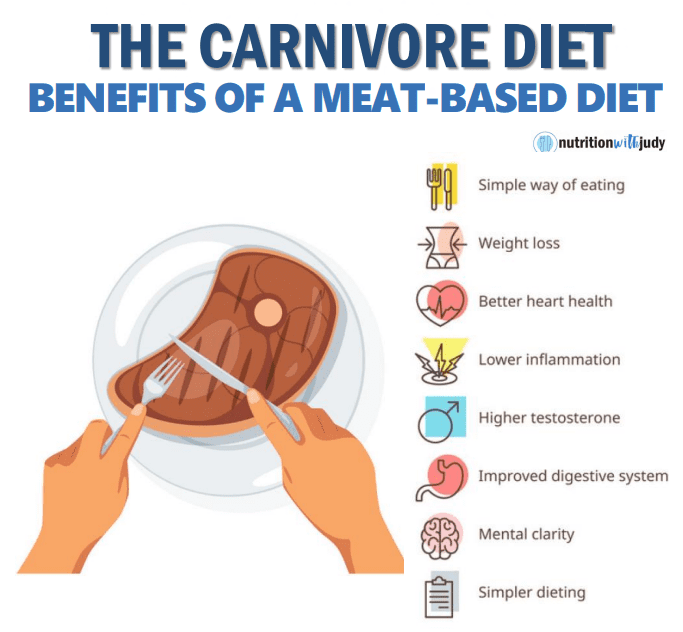

The carnivore diet, centered around consuming primarily animal-based foods, offers a multitude of benefits. Derived from the belief that human bodies are better adapted to a meat-centric diet, it is designed to promote overall well-being and address various health issues.
- Mental Health Benefits: One of the most significant impacts of the carnivore diet is on mental health. Individuals who have adopted this diet report substantial improvements in conditions such as depression and anxiety. For instance, people have shared experiences of overcoming long-standing mental health challenges and freeing themselves from the cycles of mood disorders, thanks to the diet’s focus on nutrient-dense animal foods.
- Autoimmune and Metabolic Health: The carnivore diet has shown remarkable results in managing autoimmune diseases and metabolic conditions. People have experienced relief from symptoms of autoimmune illnesses and improved mobility. Additionally, those struggling with metabolic diseases such as type 2 diabetes and high blood pressure have observed significant health improvements while following this diet.
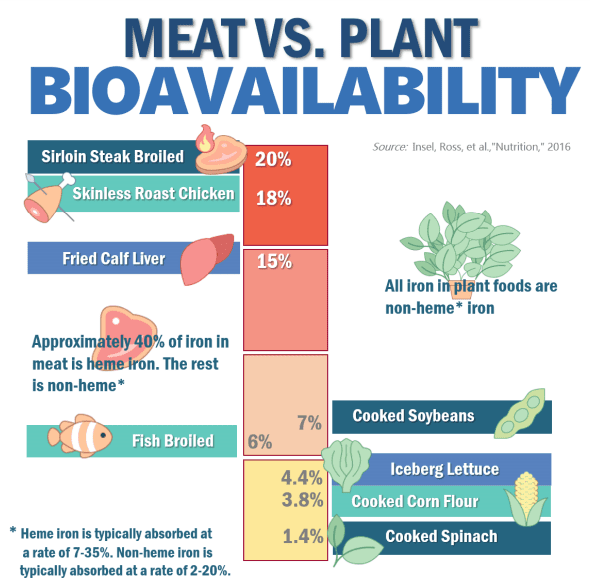

- Nutritional Sufficiency: Contrary to common concerns about nutritional deficiencies, the carnivore diet is rich in bioavailable nutrients found in meat. It provides a straightforward approach to resolving food sensitivities and nutritional imbalances, making it an ideal elimination diet for many. This diet is particularly effective for individuals with insulin resistance, gut issues, mineral imbalances, and those leading an active lifestyle.
- Variety and Balance: While a strict meat-only approach has its benefits, incorporating a variety of meats, including poultry, pork, and seafood, can enhance the diet’s effectiveness. These foods offer a balance of essential nutrients such as omega-3 fatty acids, thiamine, copper, and zinc, which are crucial for overall health. This variety ensures a well-rounded nutritional profile, addressing potential deficiencies and promoting optimal health.
- Holistic Wellness: Embracing the carnivore diet is not just about nutrition; it’s part of a holistic approach to health. This includes understanding the mind-body connection, managing stress, and cultivating healthy relationships. Holistic wellness is about more than just dietary choices; it encompasses all aspects of life, contributing to overall well-being and happiness.
- Personalized Approach: The Carnivore Diet is not a one-size-fits-all solution. Individuals need to tailor their diet to their specific health conditions, goals, and responses to different foods. This personalization is key to achieving the best results and maintaining health and wellness long-term.
In summary, the carnivore diet offers a range of benefits, from improved mental health to better management of autoimmune and metabolic conditions. Its focus on nutrient-dense, bioavailable animal foods, combined with the potential for variety and a holistic approach to wellness, makes it a compelling dietary choice for many. However, it’s essential to consider individual needs and responses to different dietary approaches to ensure optimal health and well-being.
Who Should Try the Carnivore Diet?
The carnivore diet, characterized by its exclusive focus on animal-based foods, is suitable for a wide range of individuals, particularly those seeking to address specific health concerns or optimize their overall well-being. It is especially beneficial for those dealing with autoimmune disorders, mental health issues, metabolic diseases such as type 2 diabetes and high blood pressure, as well as individuals struggling with food sensitivities and gut health issues.
One of the key strengths of the carnivore diet is its adaptability, making it customizable to fit almost anyone’s needs. The diet can be tailored based on personal health goals, dietary preferences, and individual responses to different foods. For example, some may opt for a beef-only approach for simplicity and to eliminate potential allergens, while others might choose a nose-to-tail method to ensure a broader range of nutrients through the inclusion of organ meats and bone broth.
Additionally, the diet can be adjusted to include a variety of meats and seafood, providing a balance of essential nutrients such as omega-3 fatty acids, thiamine, copper, and zinc, crucial for overall health. This flexibility allows individuals to maintain the diet long-term, ensuring it is both nutritionally complete and sustainable.
In conclusion, the carnivore diet, with its focus on nutrient-dense, bioavailable animal foods, is an excellent option for many, from those with specific health conditions to individuals seeking improved overall health. Its versatility and adaptability make it a suitable dietary approach for virtually anyone willing to explore its benefits.
Why It’s Ideal to Start With the Most Restrictive Carnivore Diet
Starting with the most restrictive form of the carnivore diet, such as the beef-only or lion diet, is ideal for individuals with autoimmune and chronic illnesses. This approach acts as an elimination diet, effectively identifying food sensitivities and allergens by removing potential dietary triggers. By focusing solely on beef, and in the case of the beef-only carnivore diet, just beef, salt, and water, it simplifies the diet, reducing variables that could affect health.
For others, the lion diet or meat-only carnivore diet serves as a strong foundation, allowing for a clear assessment of how the body responds to a purely animal-based diet before introducing more variety. This method ensures a focused start, facilitating easier identification of foods that support individual health needs and goals.
Beef-Only Carnivore Diet Food List
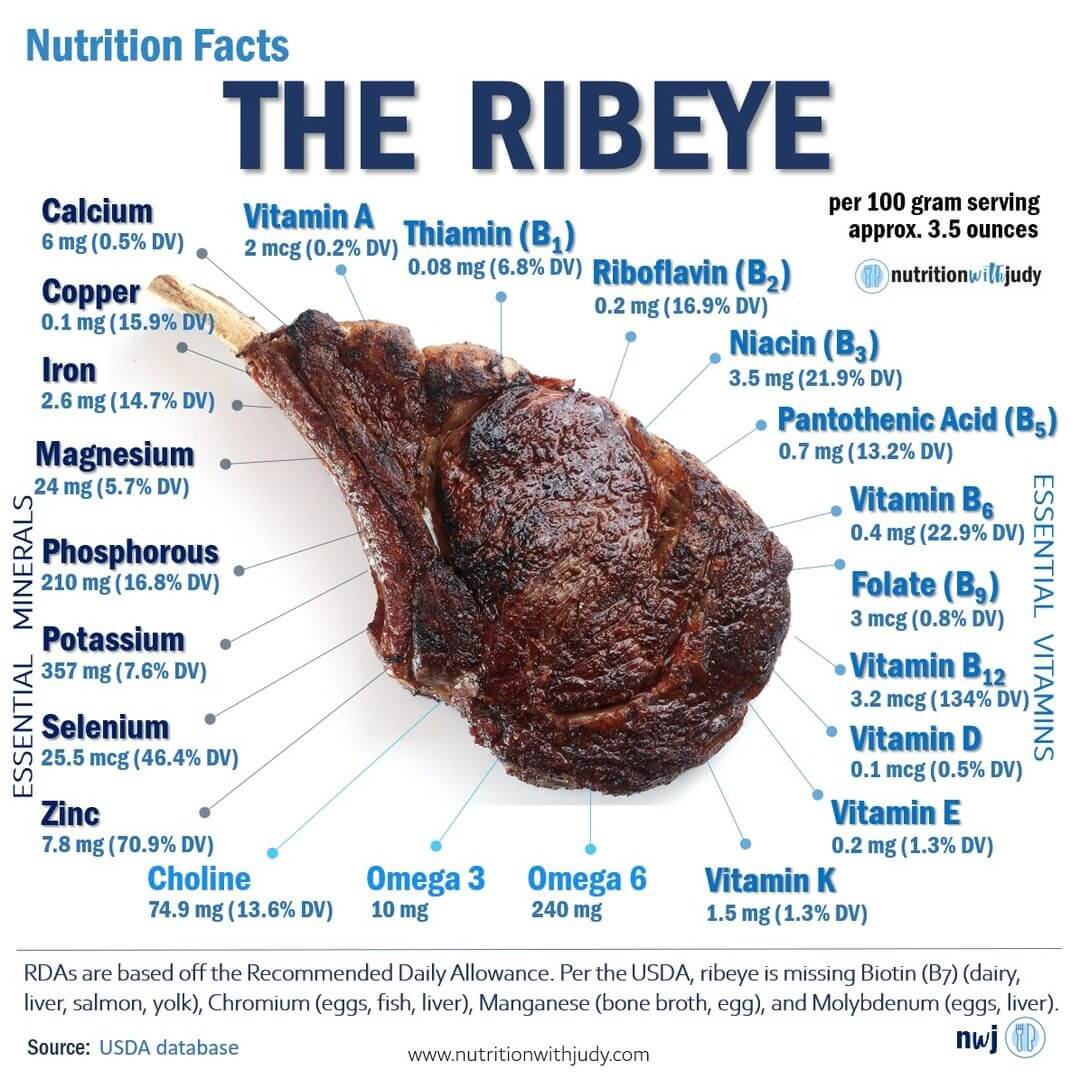

A beef-only carnivore diet focuses exclusively on beef and beef products. This highly specific grocery list ensures adherence to the diet’s principles while providing variety within its constraints. Here’s a summary and list of foods to include for a beef-only carnivore diet grocery shopping list:
Beef Cuts:
- Ribeye Steaks: Rich in flavor and marbling, ideal for grilling.
- Ground Beef: Versatile for burgers, meatballs, or simply pan-cooked.
- Chuck Roast: Perfect for slow cooking, yielding tender, flavorful meat.
- Sirloin Steaks: Leaner option, great for quick cooking.
- Brisket: Excellent for slow-cooking methods, offering deep beef flavor.
- Short Ribs: Ideal for braising, rich in taste and texture.
- Filet Mignon: A tender and lean cut, suitable for special occasions.
Beef Fat Options:
- Beef Tallow: Rendered beef fat, great for cooking and adding richness.
- Bone Marrow: Nutrient-rich, can be roasted or used in broths.
- Suet: Hard fat around the kidneys and loins, ideal for rendering into tallow.
Supplementary Items:
- Redmond’s Real Salt: Recommended for its purity and trace mineral content, enhancing both the flavor and nutritional value of beef dishes (use promo code NWJ for 15% off).
This grocery list caters to the beef-only carnivore diet, offering a variety of cuts and fat options to maintain interest and nutritional balance. Redmond’s Real Salt is a vital inclusion, providing essential minerals and elevating the taste of each meal.
The Lion Diet Food List


The lion diet, a subset of the carnivore diet, emphasizes simplicity and focuses on ruminant animals, their fat, and salt. This diet is particularly beneficial for those with severe autoimmune and mental health issues. Here’s a summary and list for a lion diet grocery shopping list:
Ruminant Animal Cuts:
- Beef Ribeye: A flavorful and fatty cut, ideal for grilling or pan-searing.
- Lamb Chops: Tender and rich, perfect for a quick, flavorful meal.
- Venison Steaks: Lean and gamey, offering a unique taste.
- Bison Ribeye: A leaner alternative to beef, with a distinct flavor.
- Goat Ribs: Great for slow cooking and barbecuing.
- Elk Roast: Another great option for slow-cooking.
Ruminant Fat Options:
- Beef Tallow: Rendered beef fat, excellent for cooking or adding extra fat to leaner cuts.
- Lamb Fat: Can be rendered or added to dishes for a unique flavor profile.
- Suet: Fat from around the kidneys and loins of bison, beef, or lamb, ideal for rendering.
Seasoning:
Redmond’s Real Salt: The recommended seasoning for its natural trace minerals and unrefined quality, enhancing the natural flavors of the meat without overwhelming them.
The lion diet’s grocery list is designed to provide variety within its strict framework, focusing on high-quality ruminant meats and fats, complemented by a pure, mineral-rich salt for seasoning. This approach supports those with specific health conditions requiring a highly controlled diet.
Meat-Only Carnivore Diet Food List


The meat-only carnivore diet is a diverse and nutrient-rich approach, including a wide range of meats from different animal sources. This diet offers an extensive selection of proteins, catering to various tastes and nutritional needs. Here’s a summary and list for a meat-only carnivore diet grocery shopping list:
Ruminant Meats:
- Beef Steaks: Choices such as ribeye and sirloin for variety and flavor.
- Lamb: Cuts such as racks or leg of lamb, offering rich, tender meat.
- Goat: A leaner alternative to lamb with an unique flavor.
- Bison: A leaner alternative to beef, with a robust flavor profile.
Poultry:
- Chicken: Whole chickens or cuts such as thighs and breasts, skin-on for more fat.
- Turkey: Ground turkey or turkey breasts for a lean protein option.
- Duck: Duck wings and legs can be great poultry options.
- Quail: The small poultry option can be enjoyed whole.
- Cornish Hen: Whole air-fried cornish hen is a quick and easy meal to prepare.
Pork:
- Pork Chops: A versatile cut that can be grilled, broiled, or pan-fried.
- Pork Belly: Fresh pork belly is often a better starting point than bacon for individuals embarking on the diet.
Fish:
- Salmon: A fatty fish, rich in omega-3 fatty acids. Wild-caught varieties are recommended.
- Mackerel or Sardines: Excellent sources of omega-3s, ideal for variety.
- Salmon Roe: For a nutrient-dense option, high in omega-3s and other vital nutrients.
Seasoning:
- Redmond’s Real Salt: Recommended for its natural composition and mineral content, enhancing the flavor of meats without any additives.
It’s advisable to include fatty fish such as salmon, mackerel, sardines, or salmon roe, at least a couple of times a week, to ensure adequate intake of omega-3 fatty acids. This diet provides a broad spectrum of animal-based foods, ensuring a well-rounded intake of nutrients while adhering to the carnivore ethos.
Zero-Carb Carnivore Diet Food List
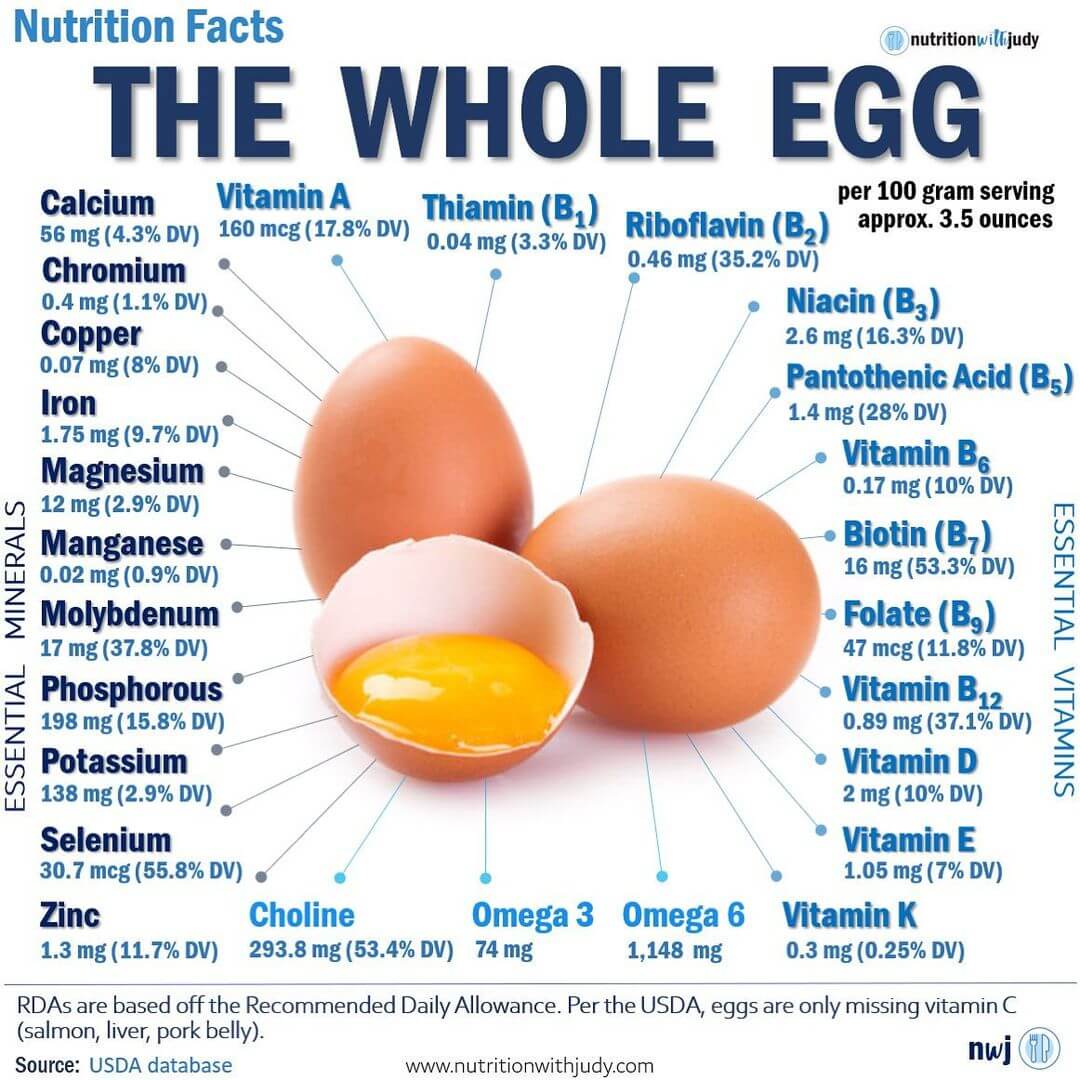

The zero-carb carnivore diet is a strict regimen that excludes all carbohydrates, focusing solely on animal-based foods. This diet emphasizes meats, dairy, and eggs, ensuring a diverse range of protein sources while maintaining technically a nearly zero-carb profile. Here’s a comprehensive summary and list for a zero-carb carnivore diet grocery shopping list:
Meats:
- Beef: Various cuts such as ribeye, sirloin, and chuck roast for rich flavor and fat content.
- Lamb: Tender cuts such as lamb chops and leg of lamb.
- Pork: Pork chops, pork belly, and pork tenderloin.
Poultry:
- Chicken: Whole chickens, thighs, and drumsticks, with skin on for extra fat.
- Turkey: Fattier options such as turkey legs and wings.
Fish:
- Fatty Fish: Such as salmon, mackerel, and sardines, prioritizing wild-caught.
- White Fish: Cod and haddock for leaner protein sources.
- Salmon Roe: For a nutrient-dense option.
Dairy:
- Low-Carb Cheese: Varieties such as blue cheese, gouda, and brie, which have minimal to no carbs.
- Butter: Or ghee for cooking and adding flavor.
- Heavy Cream: For coffee or recipes, with no added sugars.
Eggs:
- Whole eggs: A versatile and nutritious option, perfect for any meal. Think chicken, duck, or quail eggs.
Seasonings:
- Redmond’s Real Salt: Ideal for enhancing meat flavors without adding carbs.
This zero-carb carnivore diet provides a comprehensive range of animal-based foods, ensuring adequate protein and fat intake. Including low-carb dairy and a variety of meats caters to different nutritional needs and preferences while strictly adhering to the zero-carb principle.
Tips for Meal Planning for the Carnivore Diet


Meal planning on a carnivore diet can be both simple and efficient with the right strategies. Here are the best tips for meal planning on a carnivore diet:
- Bulk Purchasing: Buy meats in bulk to save time and money. Look for sales on high-quality meats and stock up. Freezing extra portions ensures you always have something on hand.
- Variety is Key: Include a variety of meats (beef, chicken, pork, fish) and cuts in your meal plan if possible to prevent boredom and ensure a range of nutrients. Experiment with different cooking methods and recipes.
- Pre-Cook in Batches: Cook large batches of meat at the start of the week. Roasts, chicken thighs, or ground beef can be cooked in bulk and used throughout the week in different meals. This option isn’t recommended for individuals with histamine issues unless you’re on the milder side and can tolerate the additional freezing and reheating time.
- Utilize Convenient Appliances: An air fryer and an Instant Pot are excellent tools for the carnivore diet. They offer quick, convenient ways to prepare meats with minimal effort. For example, an Instant Pot can tenderize tougher cuts of meat, while an air fryer is perfect for quick, crispy results.
- Keep it Simple: Carnivore diet meals don’t need to be complicated. Simple seasonings such as Redmond’s Real Salt can enhance the natural flavors of meat without the need for elaborate recipes. On the flip side, if you’re needing more variety, there are countless carnivore diet recipes for all your Standard American Diet (SAD) favorites.
- Plan for Snacks: Include easy carnivore-friendly snacks such as boiled eggs, jerky, or cheese (if dairy is included in your version of the diet).
- Stay Flexible: While it’s good to have a plan, be flexible according to your hunger levels and cravings. The carnivore diet is naturally satiating, so listen to your body’s signals.
By following these tips, you can ensure your carnivore diet is both enjoyable and stress-free, with a variety of delicious, nutritious meals prepared efficiently and conveniently. For additional meal planning tips and more comprehensive carnivore diet shopping lists including a low-histamine shopping list, we have a Comprehensive Carnivore Shopping List guide available.
The Benefits of Preparing Your Own Carnivore Foods
Preparing your own food on the carnivore diet offers significant benefits compared to eating out. When cooking at home, you have complete control over the ingredients used, ensuring they align with the strict dietary guidelines of the carnivore diet. Many restaurants, even those offering meat-centric dishes, commonly use vegetable and seed oils for cooking, which are not preferred on this diet.
Additionally, restaurant meals often contain filler ingredients, seasonings, and sauces that include sugars, grains, and other non-carnivore-friendly components. By preparing your meals, you avoid these undesirable ingredients, maintain the integrity of the diet, and ensure the use of high-quality animal fats and meats.
How to Eat Out On the Carnivore Diet
Eating out on the carnivore diet is feasible and can contribute to the diet’s long-term sustainability. When dining at restaurants or fast-food places, look for options that cater to a meat-centric diet. Many steakhouses and burger joints can accommodate carnivore diet preferences by offering plain meat dishes without added seasonings or sauces. Opt for grilled or roasted meat options, and specify your desire to avoid vegetable oils or non-animal ingredients. Communicate clearly with the staff about your dietary restrictions. This flexibility allows you to adhere to the carnivore diet while enjoying social outings and convenience, making it a more sustainable lifestyle choice.
Closing Thoughts On Carnivore Diet Food Lists
The carnivore diet, focusing on animal-based foods, offers various adaptations to cater to different health needs and preferences. Each variation of the diet has its specific food list, ensuring adherence while providing nutritional benefits.
For the beef-only carnivore diet, the shopping list includes diverse beef cuts such as ribeye, ground beef, and chuck roast, alongside beef fat options such as tallow and suet. Redmond’s Real Salt is recommended for seasoning. The lion diet, a more restrictive carnivore diet version, emphasizes ruminant meats such as beef, lamb, and bison. It includes ruminant fat options and strictly uses salt for flavor enhancement.
The meat-only carnivore diet offers a broader selection, including ruminant meats, chicken, pork, and various fish. It emphasizes the inclusion of fatty fish such as salmon for omega-3s, complemented by salt for seasoning. The zero-carb carnivore diet, in contrast, includes a variety of meats and low-carb dairy options such as cheese and eggs, maintaining a strict nearly zero-carb profile.
Meal planning tips for these diets suggest bulk purchasing, cooking in batches, and using convenient appliances such as air fryers and Instant Pots for easy preparation. The benefits of preparing your own meals include avoiding undesirable ingredients such as vegetable oils and fillers, common in restaurant foods. For dining out, selecting meat-centric restaurants and communicating dietary preferences can help maintain adherence to the diet.
Work With Our Trusted Carnivore Diet Functional Nutritional Therapy Practitioners
The Nutrition with Judy practice is honored to be a trusted carnivore diet practitioner support serving clients from around the globe. We’re passionate about helping our clients achieve root-cause healing in order to lead the best quality of life possible that’s nearly symptom-free. Our team is dedicated to educating our community about the incredible benefits of the carnivore diet. We welcome you to explore our free resources and are always available to support you through personalized protocols. Our Symptom Burden Assessment (SBA) is the perfect starting point for discovering your root cause and is required to work with our team— you can learn more in-depth about this powerful tool here.
Start your root-cause healing journey today and contact us any time with any questions or concerns.
DISCLAIMER: This content is for educational purposes only. While we are board-certified in holistic nutrition and are nutritional therapy practitioners, we are not providing medical advice. Whenever you start a new diet or protocol, always consult with your trusted practitioner first.





